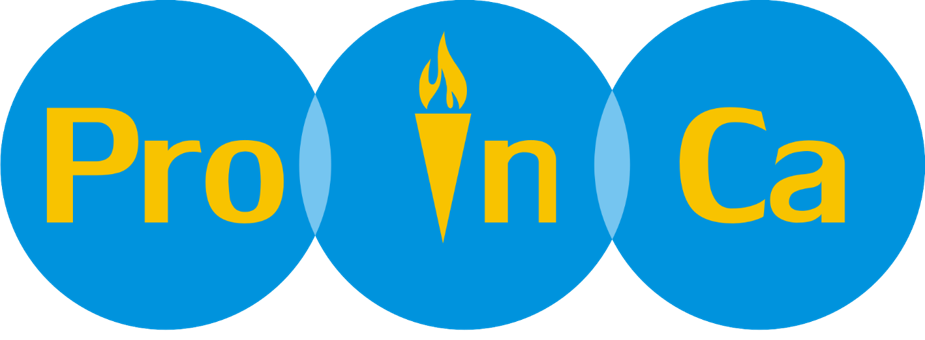Piloting of Updated National Evidence-based Nursing Educational Materials
Four inquisitive looks scan me - the teacher who will lead the subject with a mysterious and intriguing name for them - evidence-based nursing practice. I, in turn, experienced feelings that are probably akin to the sensations of an astronaut who went into outer space. Is it a joke to conduct classes with yesterday’s schoolgirls who have only the first semester of studies at our renowned university, which includes mainly general subjects. Whether he or she is a resident doctor, or even graduate student with sufficient clinical experience, with whom, in the opinion of many of my colleagues, you can conduct a substantive conversation!
My experiences turned out to be in vain because first-year students of the faculty of nursing had the trump cards that always led to success in mastering the new - curiosity, a flexible mind, unclouded look, a desire to know more. On the other hand, I turned out to be technically quite prepared, in my arsenal were methodological materials prepared during a master class in Ljubljana, held last November with the participation of teachers from Semey State Medical University, West Kazakhstan State Medical University, KarSMU, Ukrainian University, LAMK Universities, JAMK, Hanze, and the hosts of the meeting Angela Boskin Faculty of Health Care employees. Our Kazakhstani and European colleagues tried to make out all the pitfalls of conducting evidence-based nursing practice in junior courses. In preparing the material, we decided to keep in mind the fact that the incorrect perception of discipline in students who do not have a sufficient understanding of nursing practice in real conditions can complicate the further development of the subject in the fourth year.
Adapted lectures, Kazakh tasks with a Finnish filling set the pace and rhythm for our classes, and the independent work in the form of a real interview with senior colleagues - nurses of partner hospitals - made us look at discipline as an exciting quest where team spirit, narrative logic, are essential, ingenuity, inquisitiveness of a real research journalist. In carrying out all the tasks, the students were primarily guided by the principles of academic honesty - they did not allow plagiarism, tried to comply with deadlines, and be as independent as possible.
For my part, I learned from girls to talk about complicated things in simple words. When explaining complex definitions, classifications, and concepts during practical exercises, we tried to come to simple diagrams, graphs, and drawings as a result. Examples took the most obvious, the most vital, close to real conditions - what girls could observe in everyday life when visiting clinics while studying at school. I recall our first lesson - analysis of the definition of evidence-based nursing practice using hashtags (all girls have Instagram accounts), when all the words associated with evidence-based practice eventually crystallized into keywords (#knowledge, #research, #experience, #reason, #the trust).
What can I say at the end of the evidence-based nursing practice? I hope we managed to achieve the main goals of the discipline - to light the flame of research excitement, to establish the habit of filtering information through a sieve of critical thinking, and to learn to continually improve our professional skills through the prism of scientific achievements.
Author: Laura Kasym, PhD, Department of Dermatology and Cosmetology, Medical University of Semey

